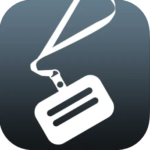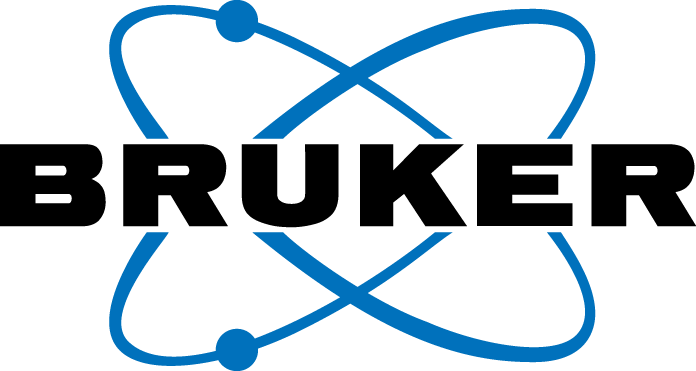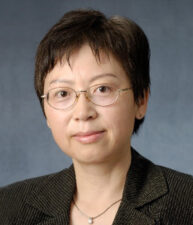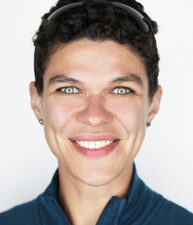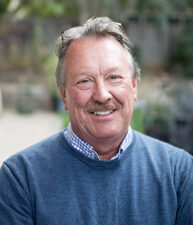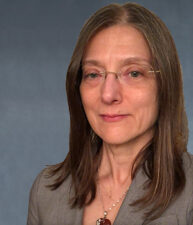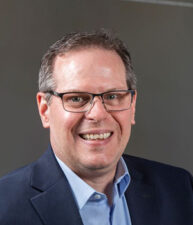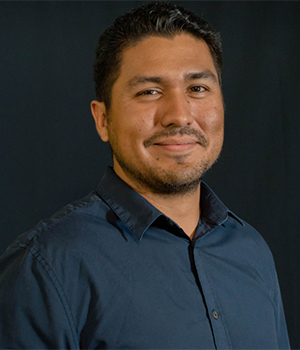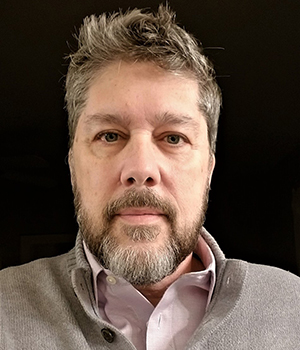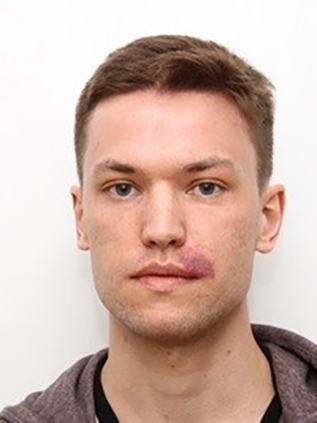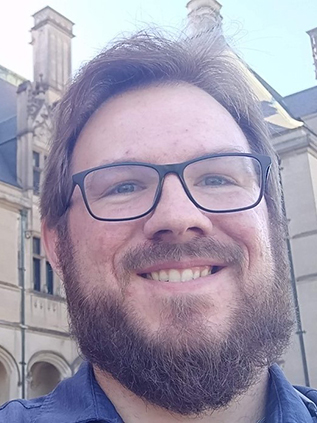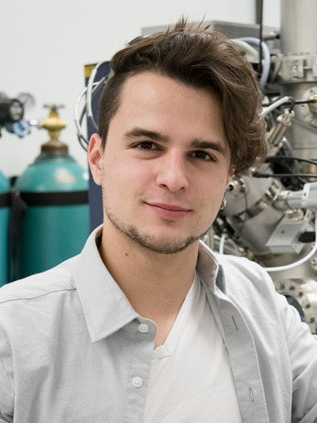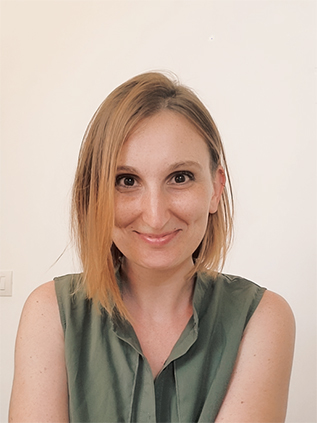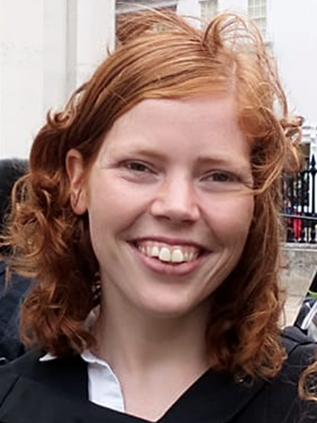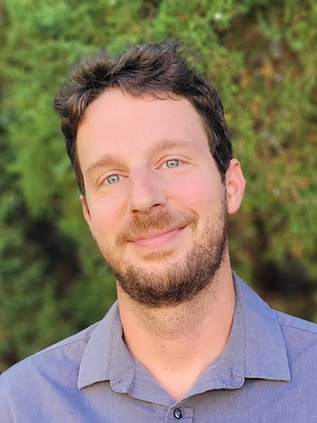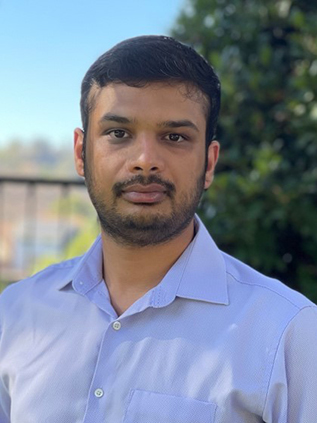In the frame of the ELEVATE Program, for the purpose of promoting professional & leadership development, the Early Career Plenaries event has been organized at the 2022 Applied Superconductivity Conference. This event follows the line traced by successful Young Scientist Plenary events at past Applied Superconductivity and Magnet Technology conferences, offering to early career scientists that are contributing significantly to developments in applied superconductivity, the prestigious opportunity to illustrate with short plenary talks their achievements or vision for future directions in our field. The early career scientists will be selected among recommendations made by the Program Committee, to have demonstrated outstanding, significant potential in the field of superconductivity and have gained the recognition and interest of other scientists in the community. The organizing committee believes that this addition to the plenary sessions gives the entire applied superconductivity community exposure to the novel thoughts, approaches and unexplored paths that these early career scientists can deliver.
The Early Career Plenary session is taking place on Wednesday, October 26, 2022, from 9:00 – 10:00 AM.
Our Early Career Plenary Speakers are:
